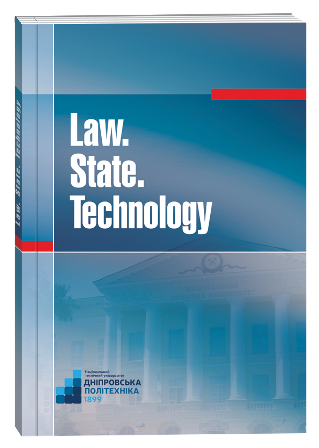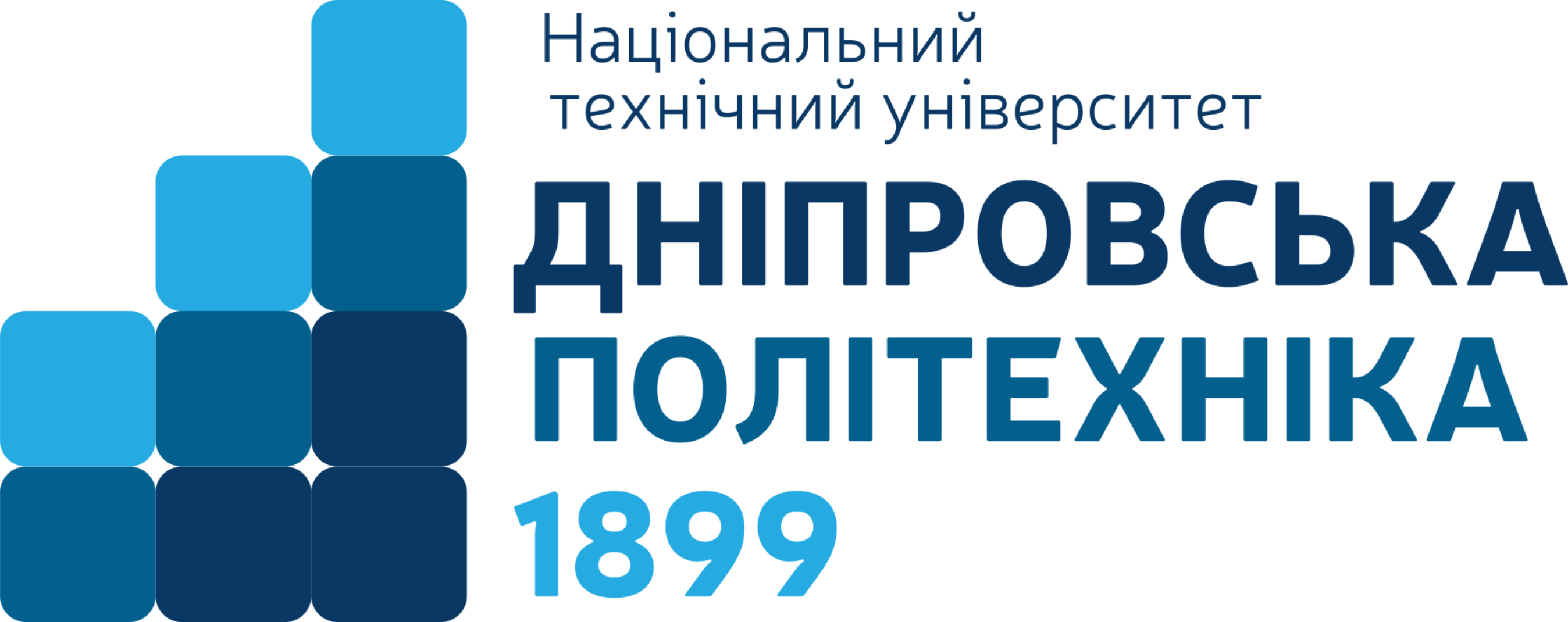ATTITUDES TO THE EFFECTIVENESS OF THE APPLICATION OF ADMINISTRATIVE LIABILITY FOR COMMITTING OFFENSES IN THE FIELD OF CORRUPTION IN UKRAINE (ACCORDING TO SOCIOLOGICAL SURVEYS)
DOI:
https://doi.org/10.32782/LST/2025-1-10Keywords:
administrative responsibility, regulatory and legal regulation, public-administrative relations, public administration, legal relations, resolution of legal disputes, protection of rights, subjective rights, interest, sociological surveys, indexAbstract
The purpose of the scientific article is to establish attitudes to the effectiveness of the application of administrative liability for committing offenses in the field of corruption in Ukraine (according to sociological surveys). It is determined that the prevention of corruption and corruption-related offenses is of critical importance for ensuring law and order, the effectiveness of public administration and public trust. It is argued that the creation of transparent and accountable institutions prevents the embezzlement of public resources and improves the investment climate. It is emphasized that reducing the level of corruption allows to improve the quality of public services, reduce social inequality and strengthen the rule of law. It is emphasized that the fight against corruption forms a positive international image of the state, attracts foreign investment and supports sustainable development. It is emphasized that effective prevention of corruption is the basis for economic stability, political responsibility and social justice in society. It is emphasized that the prevention of corruption and corruption-related offenses is important for establishing a culture of integrity among officials authorized to perform state or local government functions. It is emphasized that the established requirements for ethical behavior and transparency should become not only legal obligations, but also the norm of the daily functioning of the state apparatus. It is established that the purpose of preventing corruption is to create conditions that ensure effective counteraction to corruption at all levels of state administration. It is determined that the main tasks are: stimulating the lawful behavior of officials in the performance of their tasks and functions; preventing the involvement of officials in corrupt relations by strengthening control, transparency and accountability; terminating corrupt relations, if they have already arisen, using legal and organizational mechanisms; preventing provocations of illegal actions by third parties who are not officials but can influence the processes; forming a positive image of state institutions that demonstrate determination in the fight against corruption, support the national idea of overcoming this phenomenon and implement appropriate strategies.
References
Corruption Perceptions Index. URL: https://www.transparency.org/en/cpi/2022
Рейтинг України у світовому рейтингу Індексу сприйняття корупції (Corruption Perceptions Index) за 2023 рік (Transparency International) URL: https://www.transparency.org/en/cpi/2023/index/ukr
Corruption Perceptions Index. URL: https://www.transparency.org/en/cpi/2023
Стратегія розвитку Національного агентства з питань запобігання корупції на 2017–2020 роки та плани з її реалізації. URL: https://nazk.gov.ua/wp-content/uploads/2019/04/2-Strategiya-rozvytku.pdf
Концепція формування державної антикорупційної політики у 2021-2025 роках. URL: https://nazk.gov.ua/wp-content/uploads/2022/08/Antykoruptsijna-strategiya-na-2021-2025-rr.pdf
Корупція в Україні 2022: розуміння, сприйняття, поширеність: Звіт за результатами опитування населення та бізнесу. URL: https://nazk.gov.ua/wp-content/uploads/2023/04/1f23b766-e031-4c3f-81a4-0167b4f93116.pdf
Leheza Yu. O. Prevention of corruption in the field of human health protection: organizational and regulatory support. Epistemological aspects of tort law transfiguration in the creation of anti-corruption legislation and its enforcement: Scientific monograph. Ed. T. Kolomoiets. Riga, Latvia: “Baltija Publishing”, 2023. P. 174–192.








